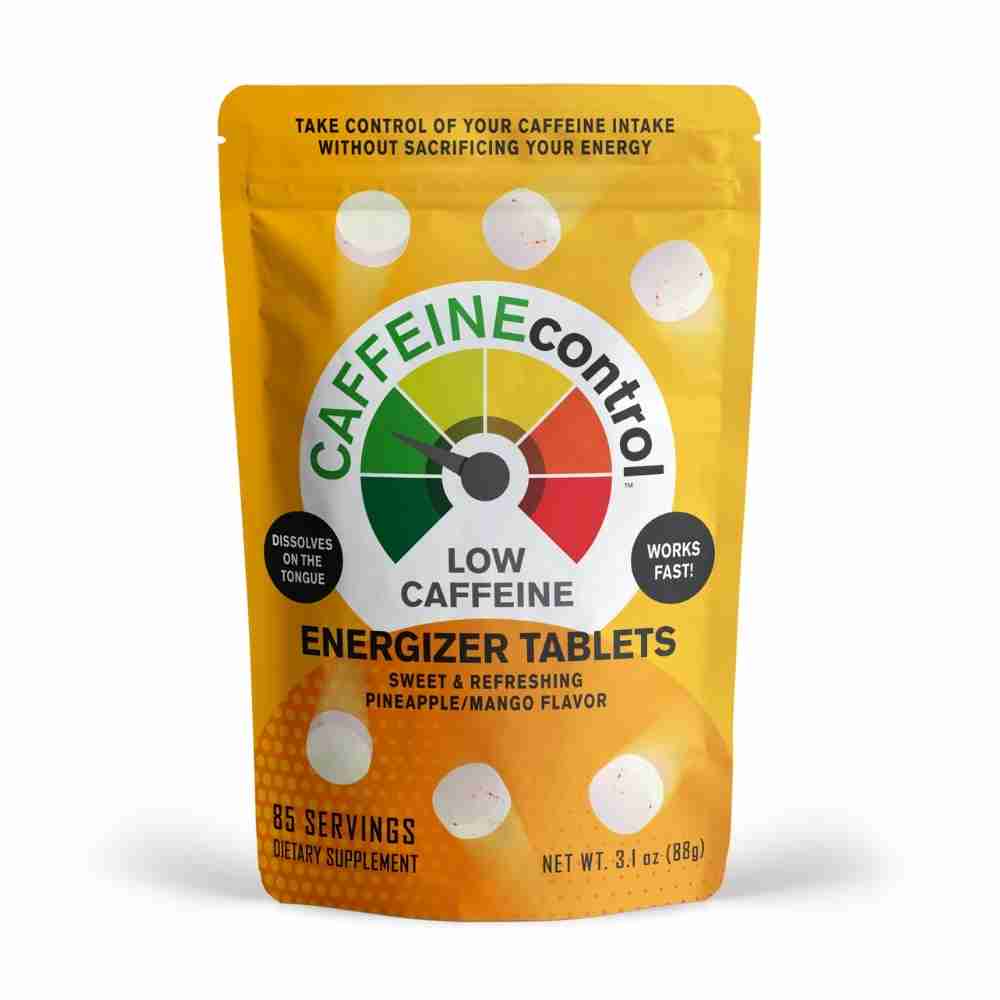
What Is Decaf Coffee?
Decaf coffee is often distained as a do-nothing alternative to “real” coffee but that’s just not true.
What Does Decaf Mean?
Decaf does not mean no caffeine.
Caffeine is a substance found naturally in the leaves, seeds, fruits, and nuts of more than 60 different plants, and is added to food and many over-the-counter medicines.
Caffeine is a rather unique compound in that it can be absorbed in the mouth, stomach and even through the skin. And it can be distributed very quickly into the body; it passes directly into the central nervous system or the brain by being able to pass through the blood brain barrier which most compounds can’t.
While bitter in taste, it is often combined with large amounts of sugar in beverages, making it taste better and ironically harder to quit because you are getting addicted to sugar and caffeine that way.

What Is Decaffeinated Coffee?
Decaf is chemical process invented around the 1910, to remove the naturally occurring caffeine from the coffee bean and the process has not changed much since.
Basically the decaffeination process treats the coffee bean with variety of chemical compounds to release the caffeine molecule from the coffee bean.
Take a look at: Decaffeinated Tea – Safe Or Dangerous?
What Is In Decaf Coffee?
Depending on the manufacturer, the process that decaffeinates the coffee bean can be fairly healthy to downright deadly. It can also be cheap to expensive which is why the price of decaf can vary widely from brand to brand.
When you know you are consuming too much caffeine, most people will fall back on decaf as an alternative to How do you know how those beans are decaffeinated. You won’t. Most manufacturers will not disclose how they do it unless their process is something to be really proud of and they have made it a selling point. Others will just hid behind “trade secrets”.
But even the decaf in decaffeinated is not standardized.
There are some brands that actually have MORE caffeine in their decaf than another brand has in their regular blend.
It makes it really confusing and super hard to use decaf as a tool to effectively cut back on caffeine.
Take a look at: How Caffeine Can Affect Your Health
Why Do People Drink Decaf?
What’s the big deal about cutting back on caffeine at all?
Most people will complain about the headaches. And they are not just ordinary headaches. They are headaches that nothing but caffeine seems to stop.
And they can make your life very painful for two (or more weeks) until your body has a chance to adjust to a new caffeine level.
Some people even describe a long-haul version of caffeine withdrawal that can last for months. It is any wonder that 9 out of 10 people that try to cut back on caffeine will just give up and accept being addicted to caffeine as “normal”?
Eighty-five percent of all Americans drink coffee on a daily basis, according to the Duke University Medical Center — maybe whether they want to or not. Caffeine has been described as similar to nicotine in its addictive properties, and one study even rated it as harder to quit than marijuana.
But caffeine can be kicked.
The best way to cut back on caffeine according to the FDA is to cut back slowly and consistently with precise levels of caffeine that reduce your intake every few days.
That is often easier said than done because the levels in decaf can vary from cup-to-cup due to the brand you drink, the beans that are used, and how it is brewed.
That’s probably why 89% of people that try to modify their caffeine intake will fail.
Want A Better Alternative To Decaf?
Reducing Caffeine Can Be Easy

Faster than coffee, energy drinks or even caffeine pills. CAFFEINEcontrol will help you cut back on caffeine quickly and easily — without caffeine withdrawal. Learn more here.